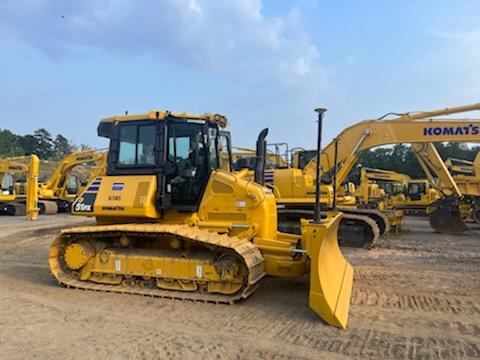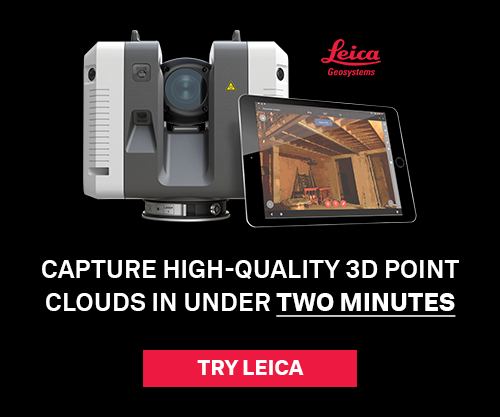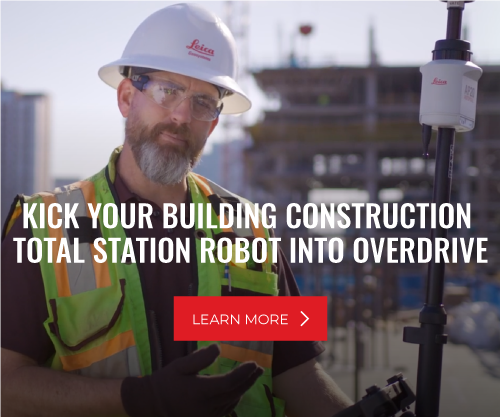When you rely on construction technology to keep your projects running profitably, you need to choose providers carefully. From functionality to ease-of-use, support, and cost, there are many factors to consider.
Riley Lecka was an early adopter of machine control and has worked with all the major providers. As director of construction for Wildlands Construction, based in Kernersville, N.C., Lecka works on some of the most complex and unique stream and restoration projects in the country. His experience gives him a unique perspective on what you should look for when making your decision.
1. User-Friendly Technology
Heavy equipment operators can be intimated by technology. A common fear is that if they touch the wrong button, they will get something out of whack. For this reason, Lecka looks for technology that is easy to use. “Leica machine control technology is very navigable,” he says. “Everything’s right there; you don’t have to navigate multiple screens or buttons.”
“When we’re learning a new system, I encourage my team to try and mess it up so we can show them how to fix it,” says Lecka.
If you are worried about your team accepting the technology, consider a trial period. “By testing the technology for a week or two, you can judge how your team likes the technology and determine if it will speed up your processes,” says Brian Combs, territory manager for Wildlands’ technology dealer, Transit & Level.
2. Minimal Downtime
Downtime is one of the key factors Lecka considers when evaluating a provider. Before converting completely to Leica construction technology, he purchased one Lecia machine control system to evaluate. “At 18 months, we didn’t have any issues with the Leica technology, and the service was great,” explains Lecka.
Lecka advises contractors to take time before switching providers. “You have to make sure it works within your organization.”
3. A Good Reputation
There are many people in the construction industry who are more than willing to share their experiences with construction technology. Don’t be afraid to reach out to other contractors, especially those who are more experienced with technology. “I love showing people what we do, how we do it, and the equipment use,” says Lecka.
4. A Commitment to Your Success
“Commitment is the biggest thing for me,” says Lecka. “It doesn’t matter what you do, technology is going to mess up at times. But what’s important for me is the daily commitment of the dealer.”
For Lecka, that commitment is evident in support and communication.
His preference is face-to-face or phone communication and service technicians that come out to fix problems. His dealer respects that preference.
“We know we have a very limited amount of time to prove that our product is superior to another brand,” says Combs. “After that, we have to form that relationship. We have to prove that we and others in our company are trustworthy.”
Transit & Level’s Rick Harbaugh, manager of the machine control division, agrees. “If you can’t build that relationship, and you can’t show that you’re trustworthy, it doesn’t matter if you have the best product in the world,” he says.
It’s important to have an understanding with your dealer regarding support. “It’s not a matter of if something’s going to go down; it’s a matter of when,” says Combs. “We have to communicate up front how fast we can get a machine back up and running.”
Transit & Level strives to be onsite within 24 hours. “We’re not 100% but we stick close to 24 hours if it’s a machine down situation,” says Combs.
Lecka appreciates the personal relationship he has established with Transit & Level. “Over time you develop a sense of respect,” says Lecka. “You have to give a little bit of grace and time to allow them to do their job, and they allow me to do my job.
“I have high expectations, and I always try to run at a top level of efficiency. My technology partners support me in this.”
To speak with a heavy construction expert who can guide you on your technology journey, contact us.






